我国上市公司管理层持股与公司绩效实证研究-----基于竞争性行业
摘要根据现代激励理论,股权激励是一种有效的长期激励方式,是适合现代企业长期发展的激励手段。现代公司制企业最显著的特征是公司所有权与经营权相分离,由此产生了委托—代理关系矛盾。目前我国的很多企业处于现代企业制度建设阶段,而激励机制是其中非常重要的内容,因此对股权激励机制效果的研究对我国企业现代制度的建立具有重要的理论和现实意义。我国企业所处环境和性质与国外不同,那么股权激励在我国发挥着如何的作用?本文将通过实证研究来说明。如何在竞争性市场中不断提高企业的生产和管理效率,降低代理成本,使企业利润最大化或者所有者财富最大化,一直是公司治理结构中的一个核心议题。多年来的公司治理实践表明,对管理层进行激...
相关推荐
-
公务员思想政治教育研究VIP免费
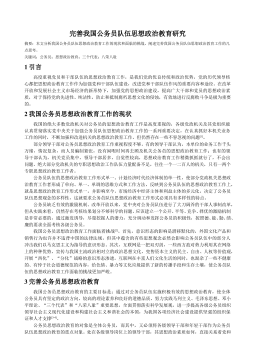
 2024-10-15 60
2024-10-15 60 -
在线社会网络中用户行为的实证分析与机制建模研究VIP免费
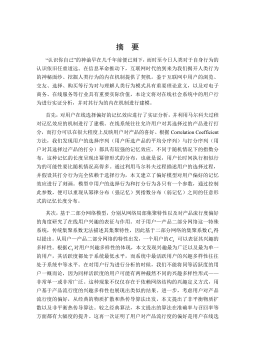
 2025-01-09 12
2025-01-09 12 -
智能优化方法对神经网络的改进及应用研究VIP免费
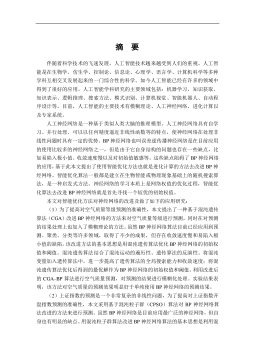
 2025-01-09 16
2025-01-09 16 -
鲜切哈密瓜保鲜技术研究VIP免费
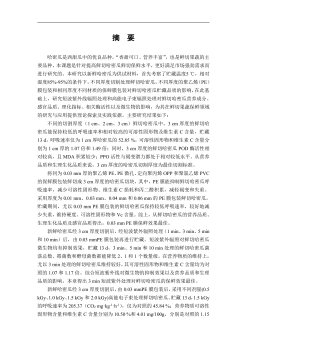
 2025-01-09 31
2025-01-09 31 -
小城镇道路网级配方法及应用研究VIP免费
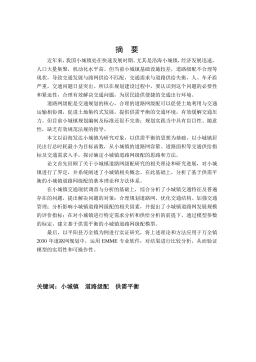
 2025-01-09 14
2025-01-09 14 -
医学信息集成测试系统的研究与实现VIP免费
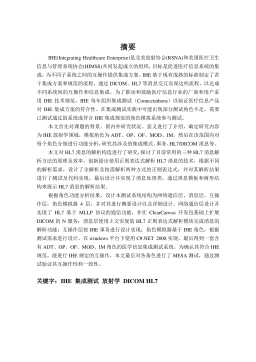
 2025-01-09 19
2025-01-09 19 -
余热驱动氨水吸收式制冷系统的理论及实验研究VIP免费
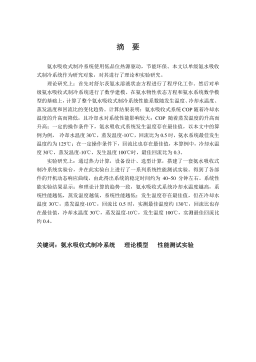
 2025-01-09 11
2025-01-09 11 -
喷雾降温技术适用性及热环境研究VIP免费
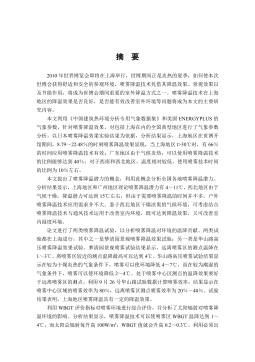
 2025-01-09 13
2025-01-09 13 -
收缩—扩张喷嘴的气泡雾化数值模拟VIP免费
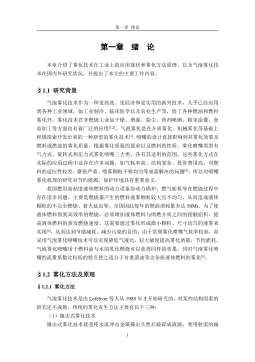
 2025-01-09 25
2025-01-09 25 -
支持供应链的工作流系统结构及其计划与调度的研究与应用VIP免费
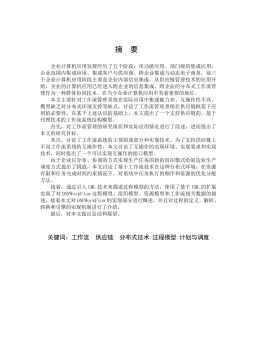
 2025-01-09 43
2025-01-09 43
相关内容
-

医学信息集成测试系统的研究与实现
分类:高等教育资料
时间:2025-01-09
标签:无
格式:PDF
价格:15 积分
-

余热驱动氨水吸收式制冷系统的理论及实验研究
分类:高等教育资料
时间:2025-01-09
标签:无
格式:PDF
价格:15 积分
-

喷雾降温技术适用性及热环境研究
分类:高等教育资料
时间:2025-01-09
标签:无
格式:PDF
价格:15 积分
-

收缩—扩张喷嘴的气泡雾化数值模拟
分类:高等教育资料
时间:2025-01-09
标签:无
格式:PDF
价格:15 积分
-

支持供应链的工作流系统结构及其计划与调度的研究与应用
分类:高等教育资料
时间:2025-01-09
标签:无
格式:PDF
价格:15 积分






